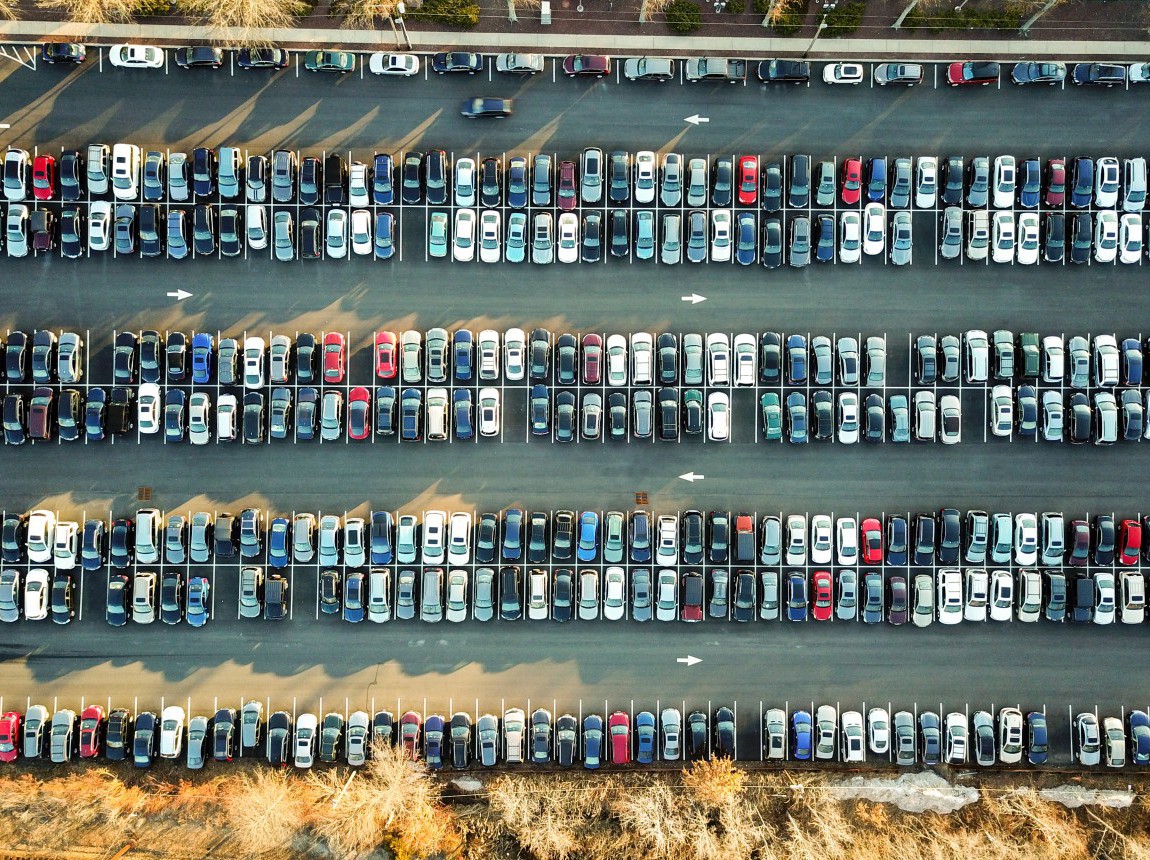Related

Jul 30,2018
Deterring Auto Burglaries in Vallejo, California

Event
/ Feb 16,2016
The Economist on the Rise of Local Music Consumption
Dr. Robert Pearl for Forbes on "Doctors vs. Technologists"
The Economist on "Predictive Policing"
Please fill out the information below to receive our e-newsletter(s).
*Indicates required.